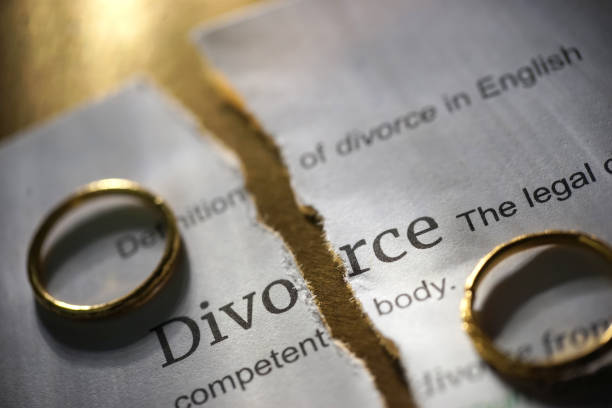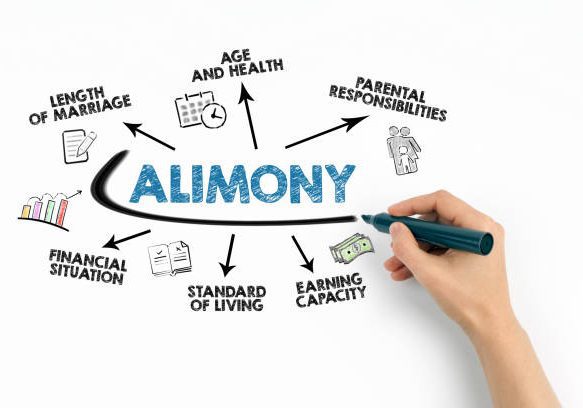Navigating Divorce in Illinois: Understanding Your Rights and Options

The Path to a New Beginning with Pinkston Law Group, P.C.
Divorce signifies not just the end of a marriage but the beginning of a new chapter in life. In Illinois, the law recognizes this transition through provisions that cater to the well-being of all parties involved. At Pinkston Law Group, P.C., we are committed to guiding you through these challenging times with professionalism and empathy. This article explores the grounds for divorce in Illinois and how our team can support you in navigating this journey.
Illinois Divorce Law: A No-Fault Perspective
In 2016, Illinois transitioned fully to a “no-fault” divorce system, a significant shift aimed at reducing conflict and simplifying the divorce process. Under this system, the only ground for divorce is “irreconcilable differences,” indicating that efforts at reconciliation have failed or future attempts at reconciliation would be impracticable and not in the best interests of the family.
What are Irreconcilable Differences?
Irreconcilable differences are situations where spouses cannot resolve their disagreements, leading to the irretrievable breakdown of the marriage. Unlike in the past, where proving faults such as adultery, desertion, or cruelty was necessary, the no-fault system requires no evidence of wrongdoing by either spouse. This approach focuses on acknowledging that the marriage is beyond repair, allowing couples to move forward more amicably.
The Process of Filing for Divorce in Illinois
Filing for divorce in Illinois under no-fault grounds requires adherence to specific legal procedures. The process includes:
- Filing a Petition for Dissolution of Marriage: This document is filed by one spouse (the petitioner) and served to the other spouse, marking the formal start of the divorce proceedings.
- Living Separate and Apart: While not always a strict requirement, living separately and apart for a certain period can serve as evidence of irreconcilable differences. It’s worth noting that couples can be considered “separate and apart” even if they live in the same house, provided they do not share marital relations.
- Finalizing the Divorce: The divorce is finalized once all issues related to property division, child custody, alimony, and other relevant matters are resolved either through mutual agreement or court judgment.
How Pinkston Law Group, P.C. Supports You
At Pinkston Law Group, P.C., we understand the complexities and emotional challenges of divorce. Our approach is tailored to your unique circumstances, ensuring your rights are protected and your voice is heard. Whether your divorce is uncontested or involves intricate disputes over assets, child custody, or support, our team is here to offer the legal expertise and compassionate support you need.
Empower Yourself with Expert Legal Representation
Navigating a divorce can feel overwhelming, but you don’t have to face it alone. Empower yourself with the expertise and support of Pinkston Law Group, P.C. Our dedication to achieving the best possible outcomes for our clients sets us apart. We invite you to reach out to us for a consultation to discuss your situation, understand your options, and take the first step towards a new beginning.
Take the First Step Today
If you are considering divorce or have already started the process, contact Pinkston Law Group, P.C. today. Our team is ready to help you navigate the legal system with confidence and dignity. Let us be your advocates and allies during this significant life transition.





